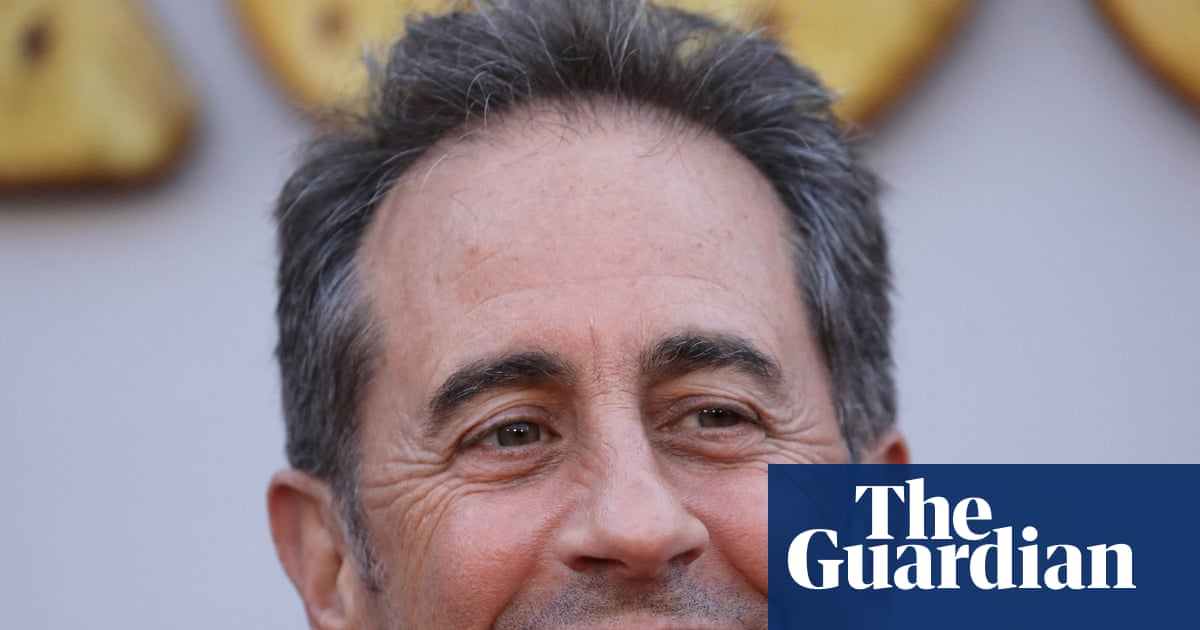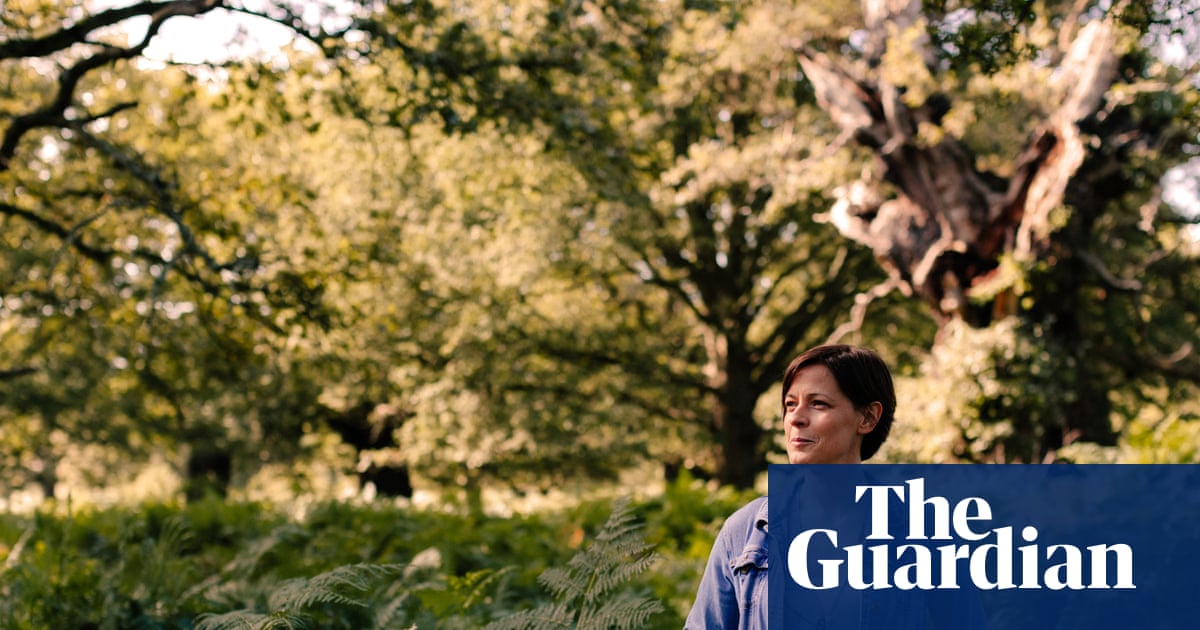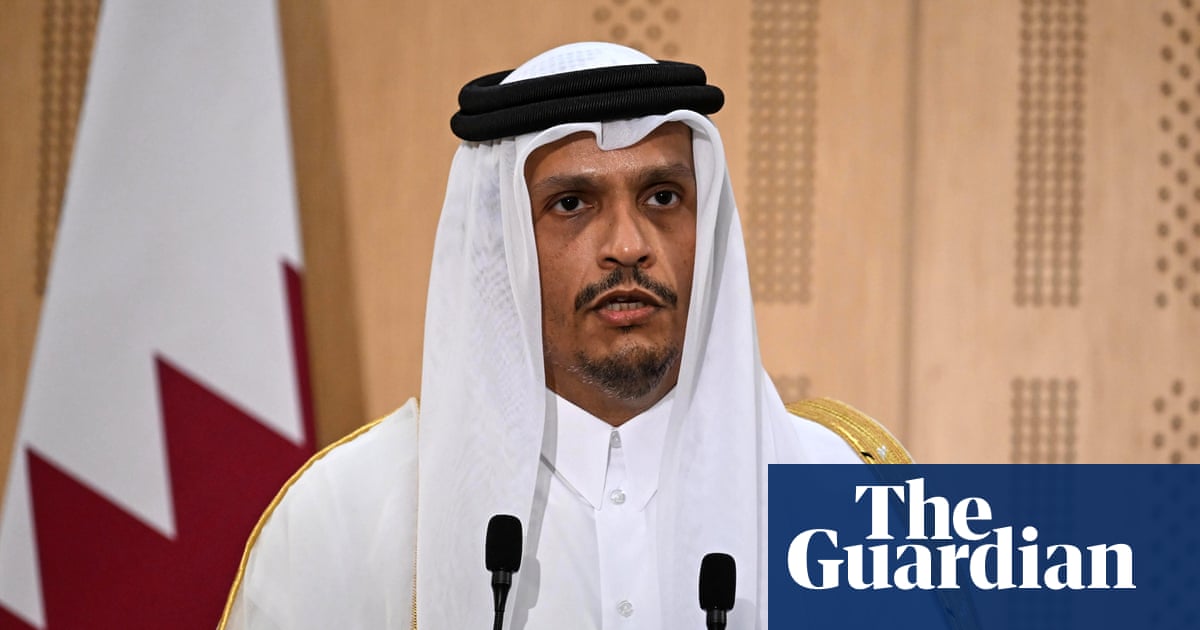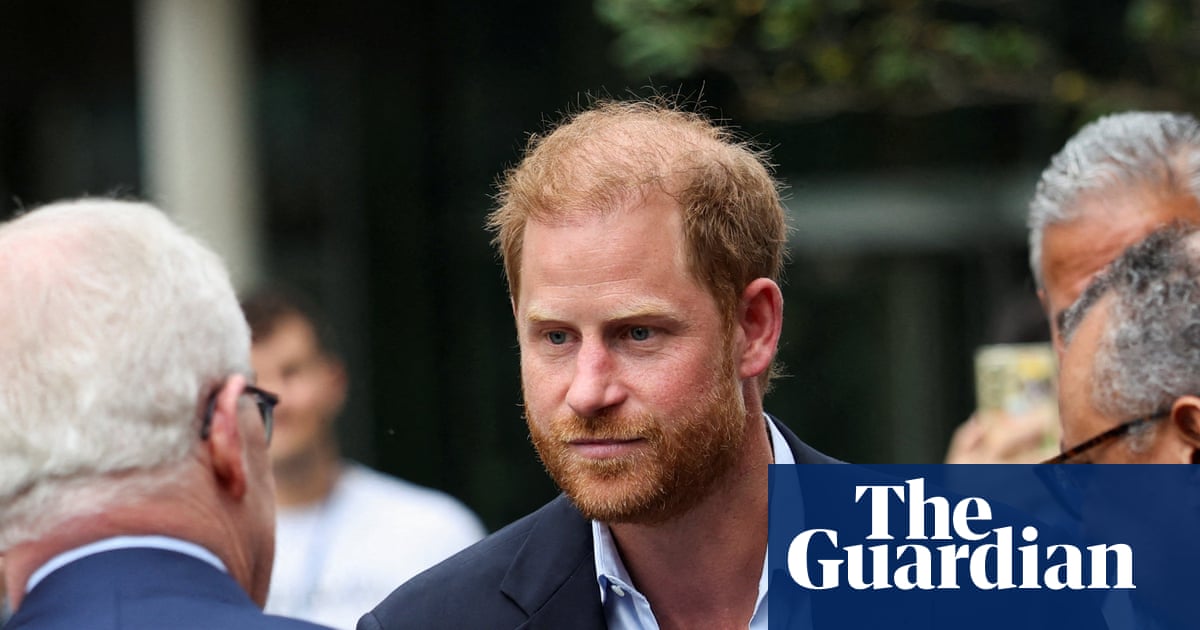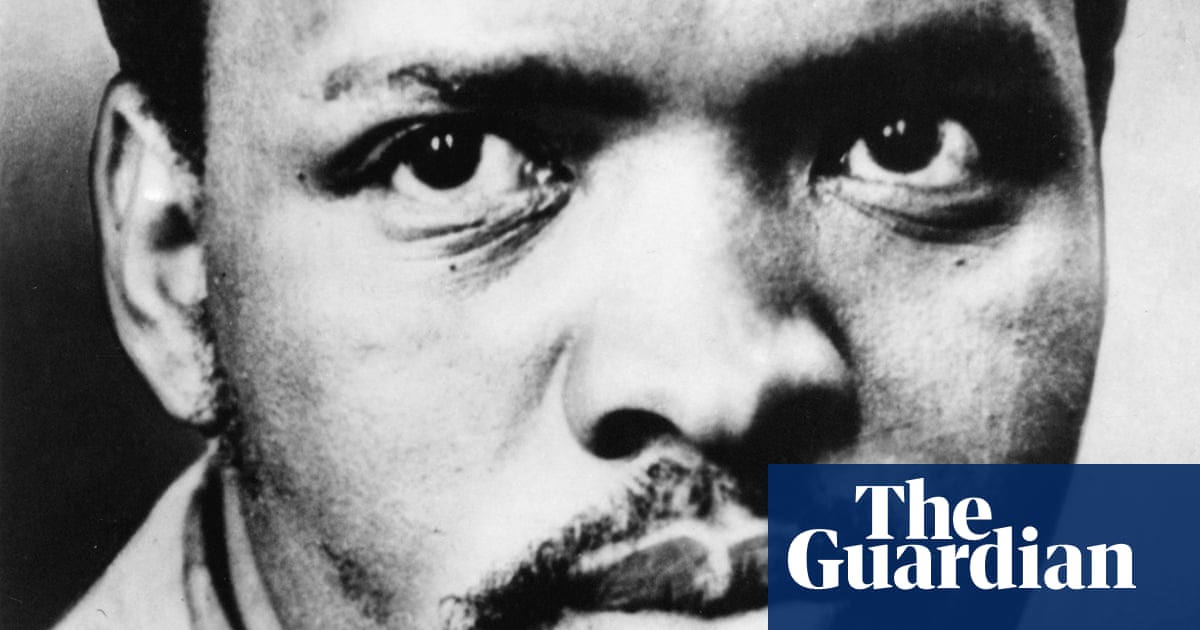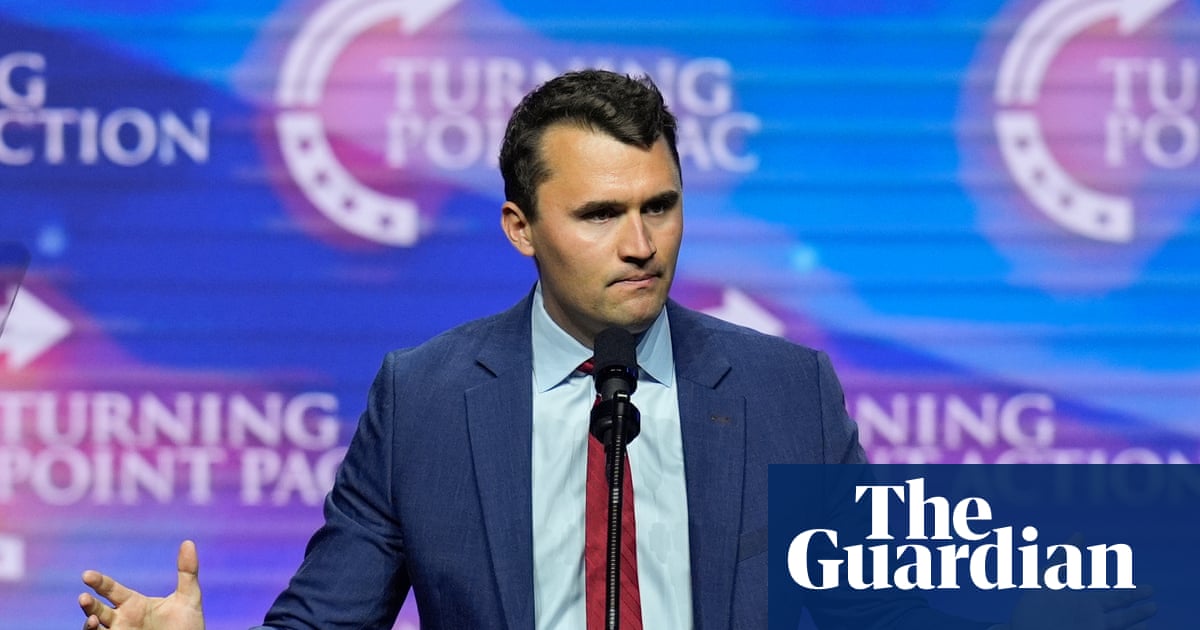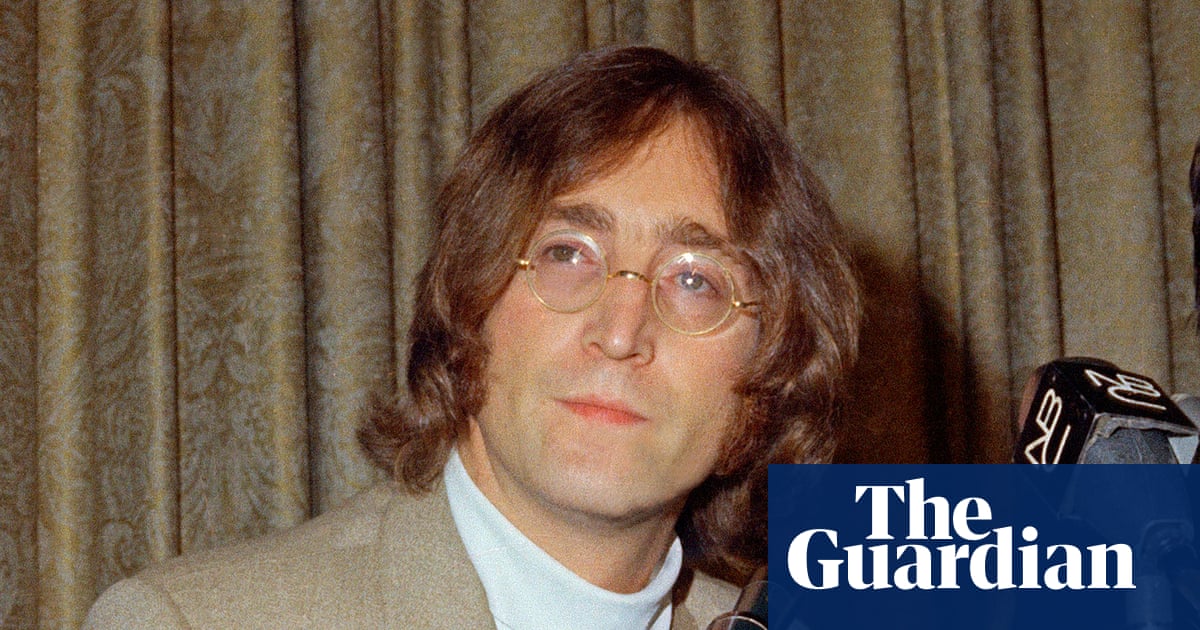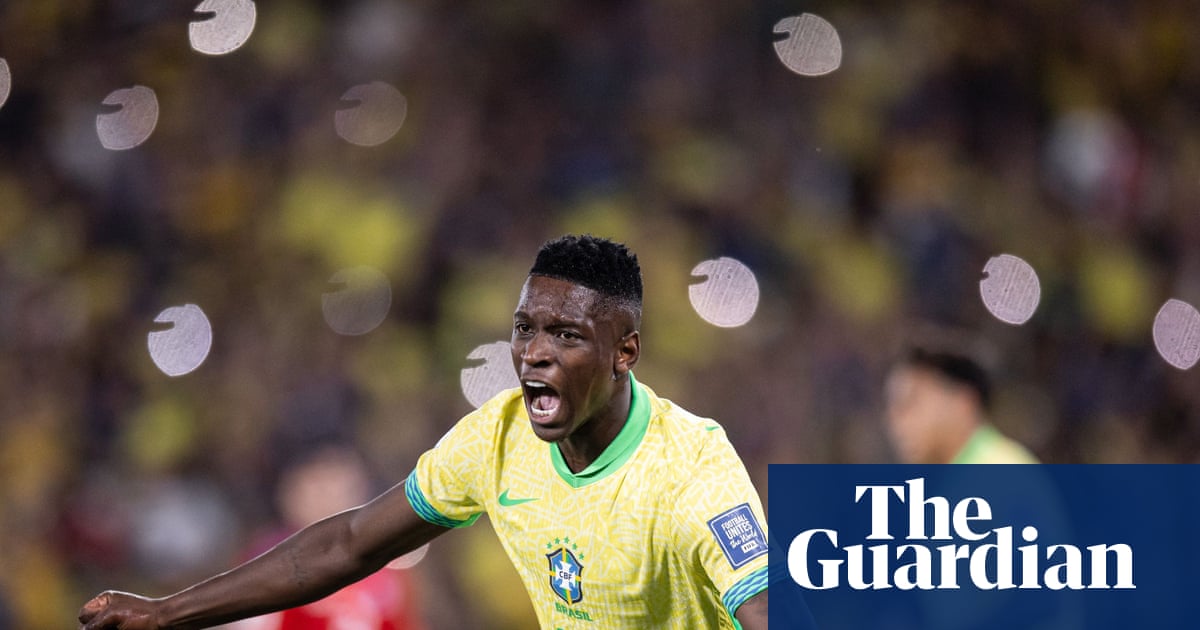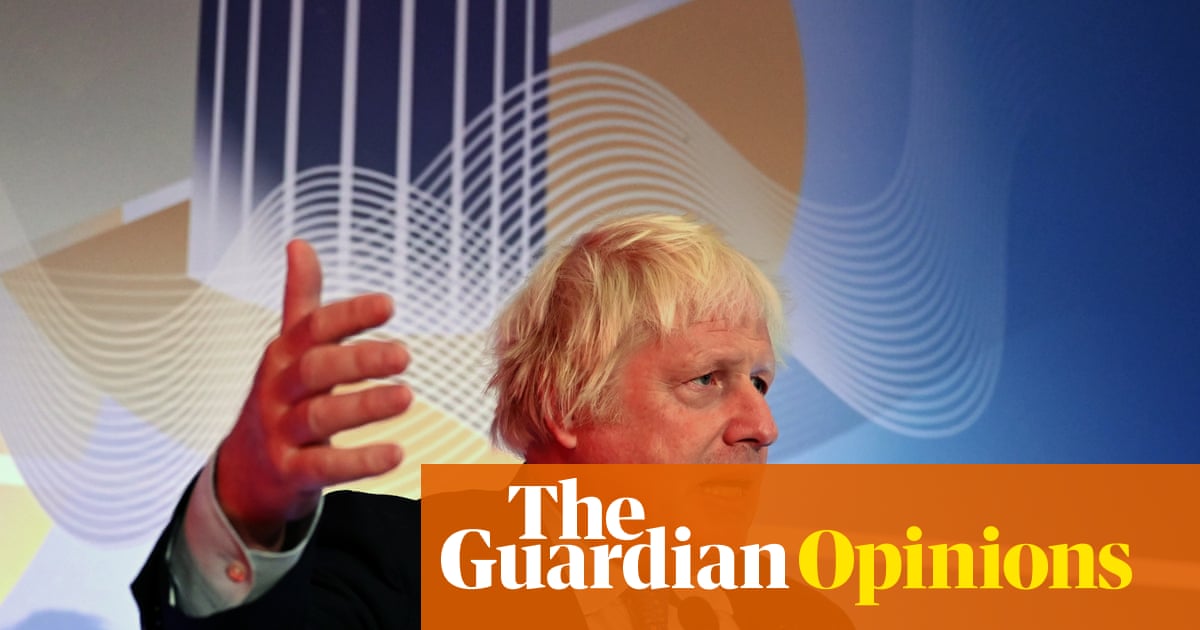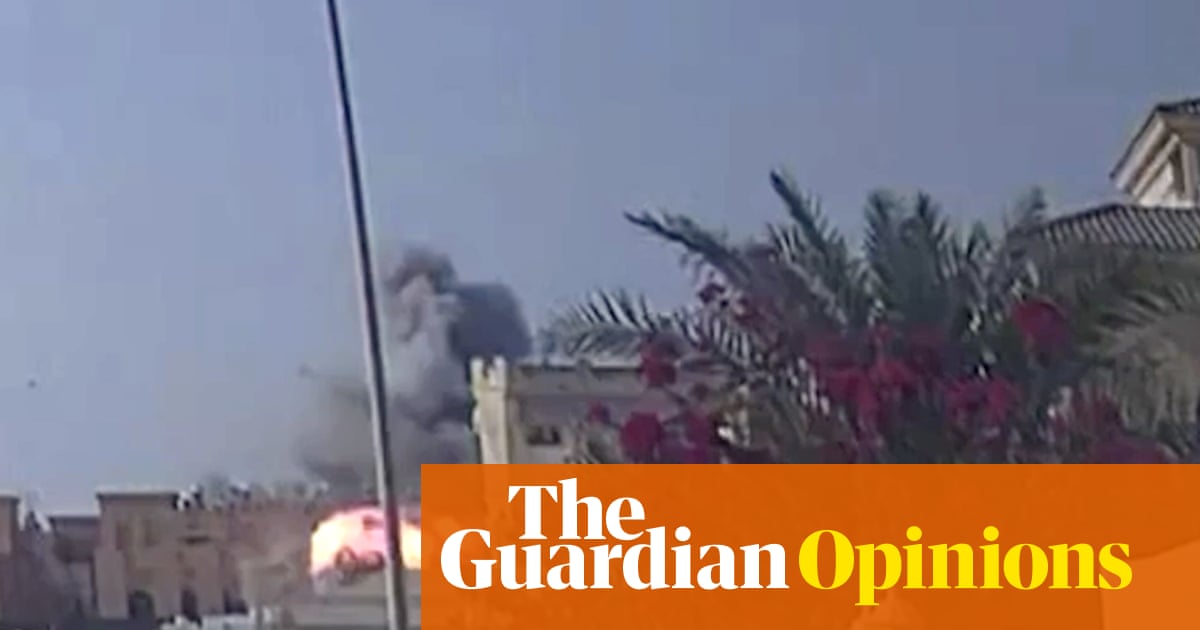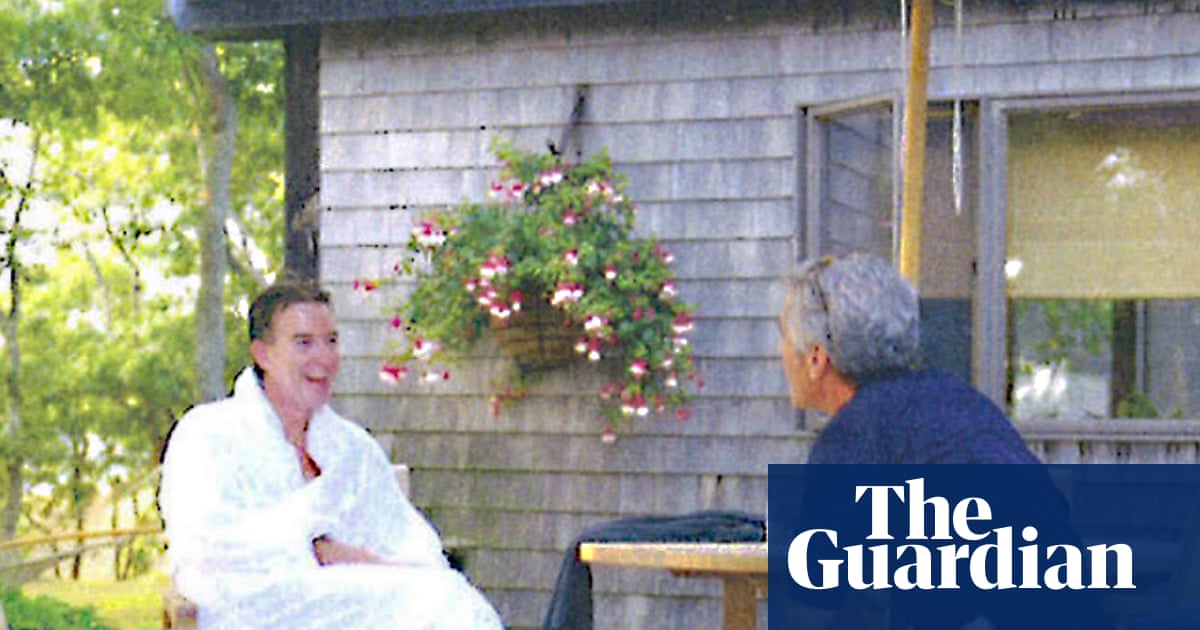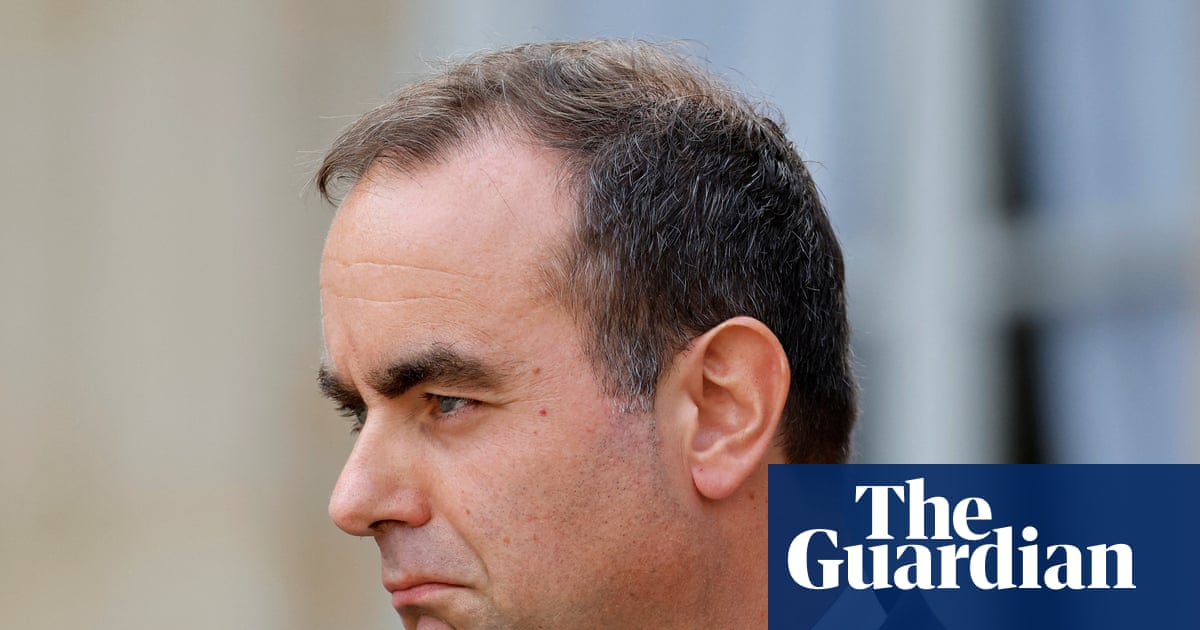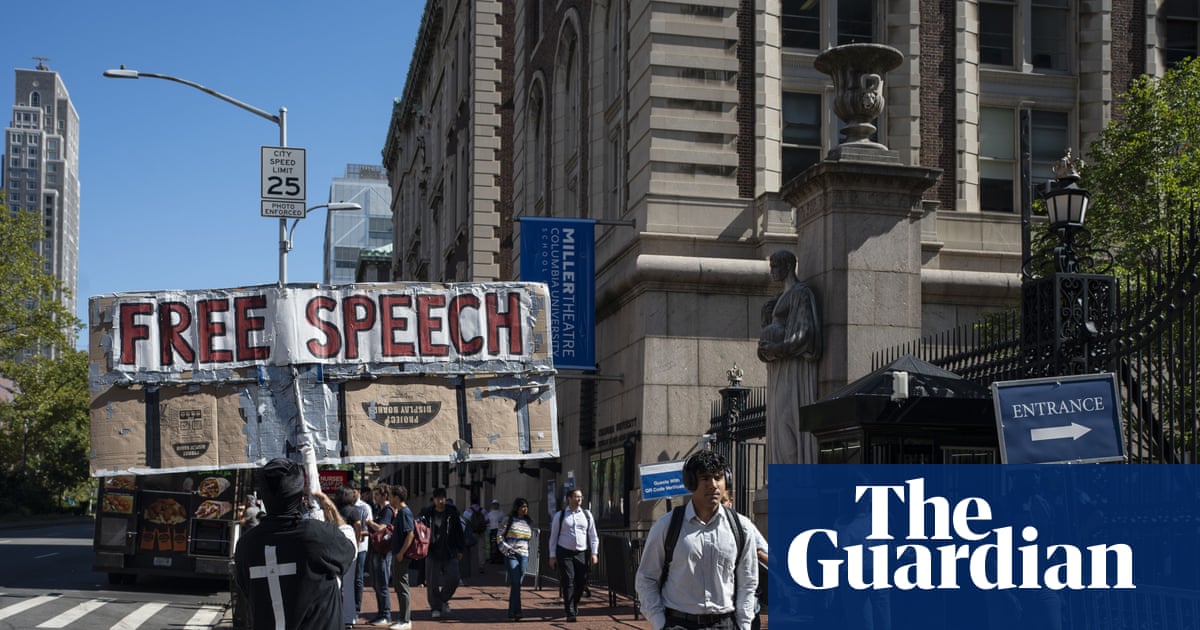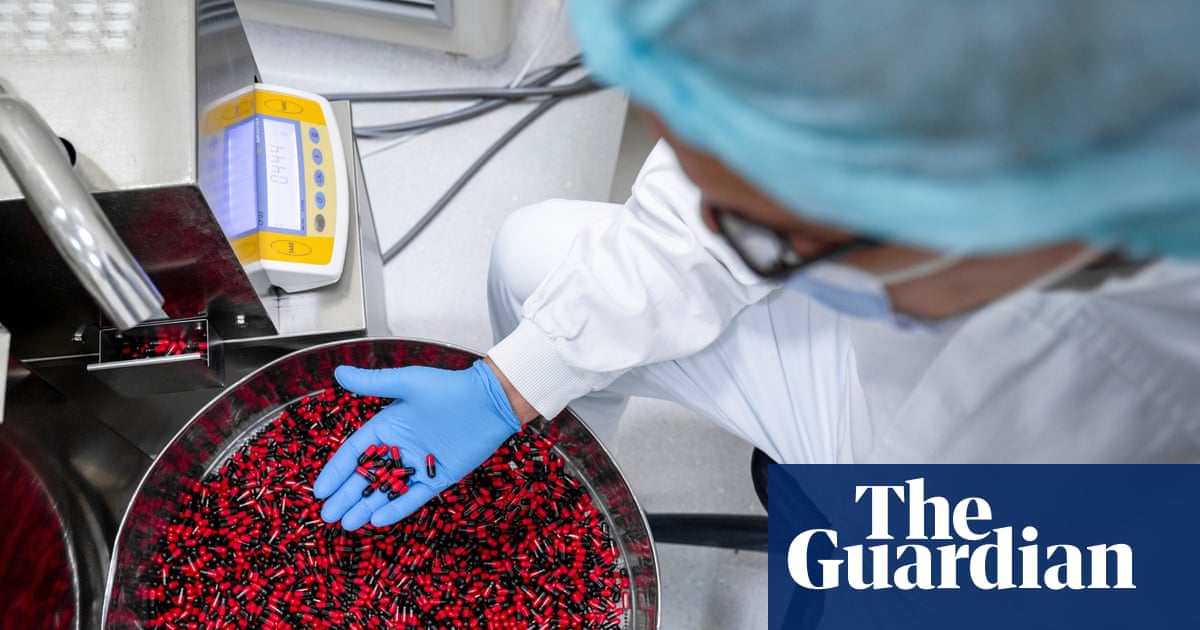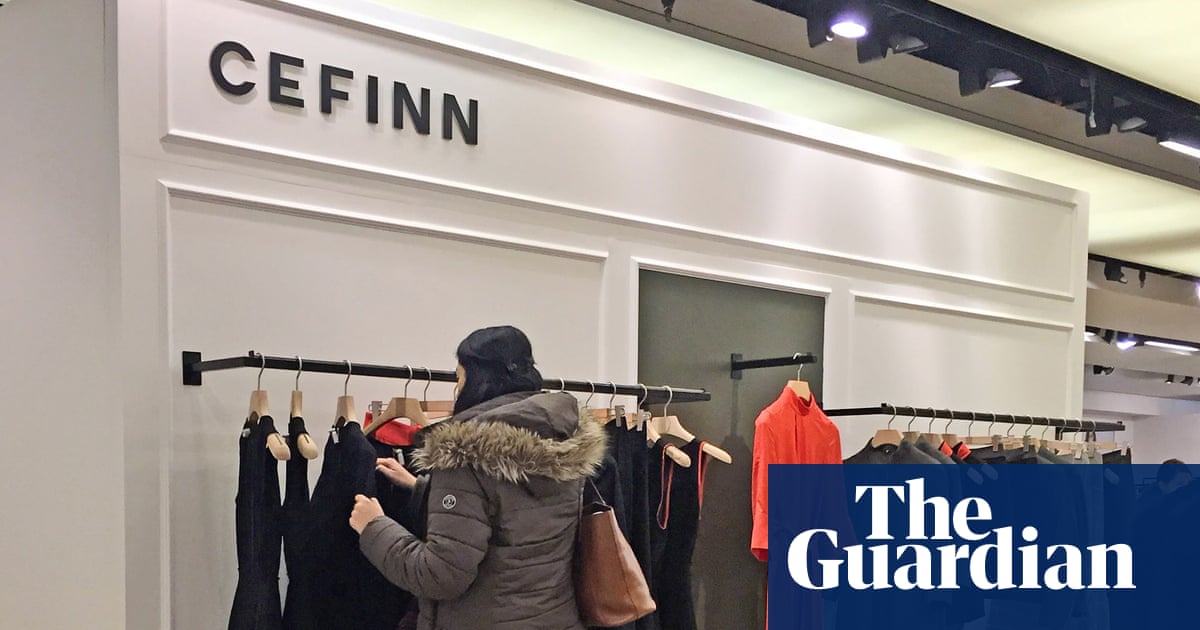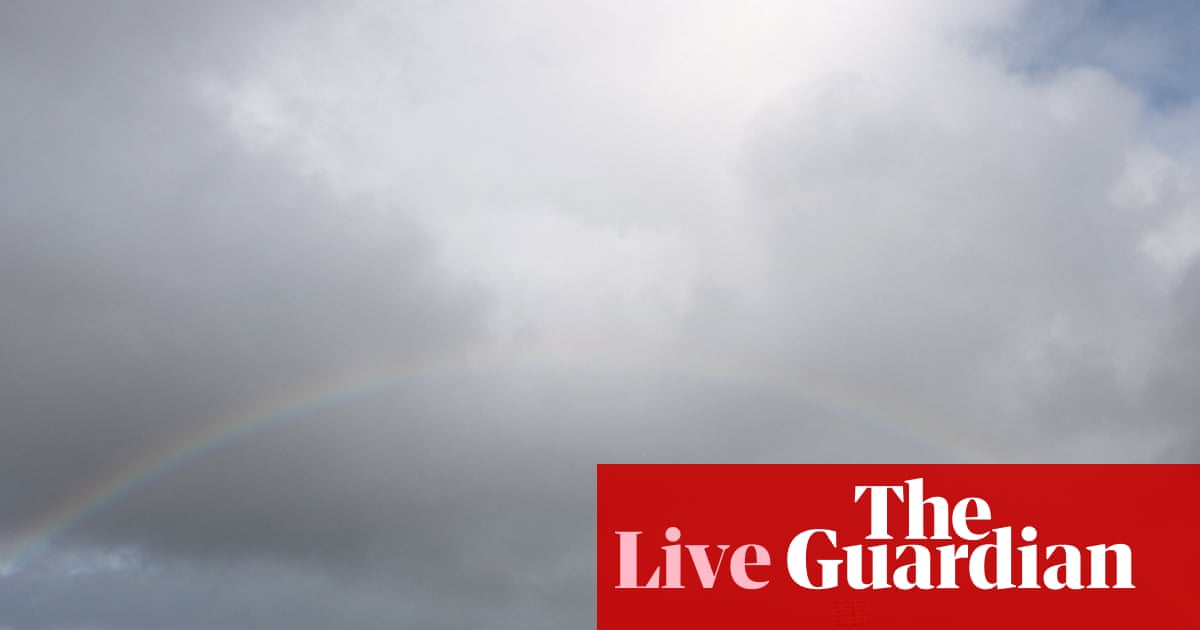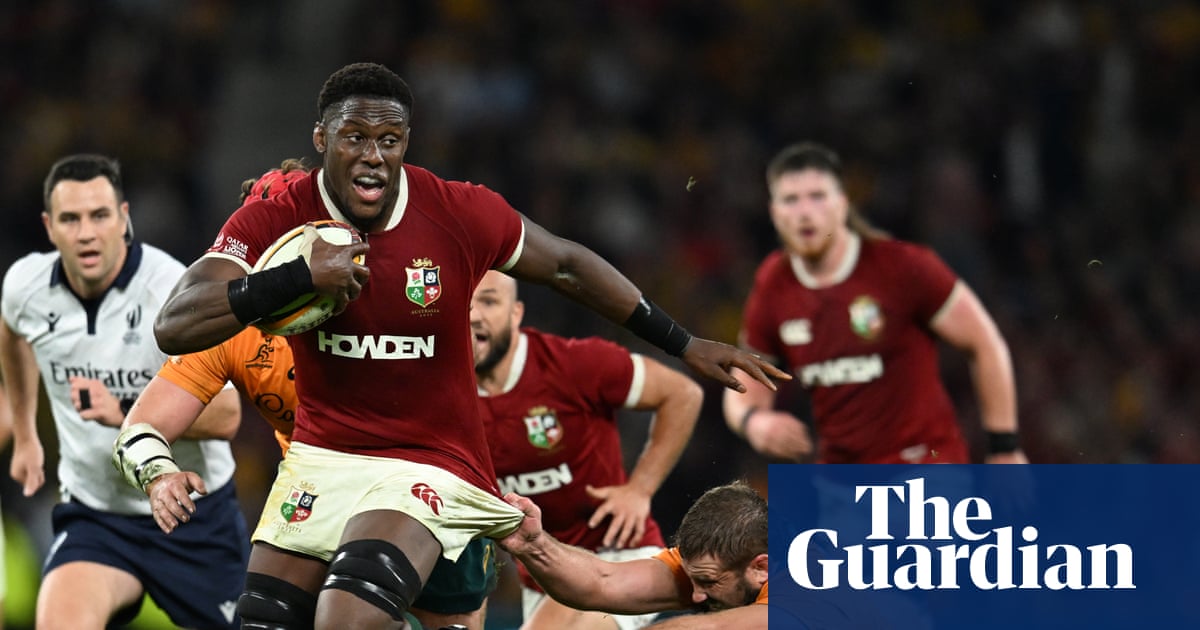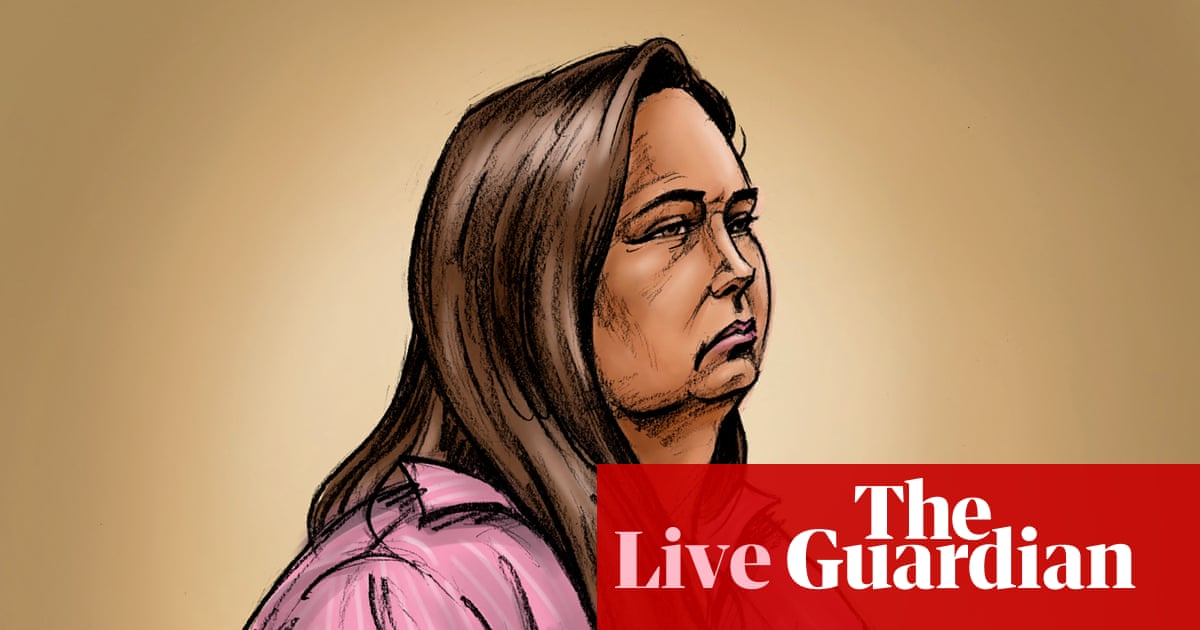Donald Trump’s tour of Gulf nations this week is notionally state business. The president has discussed trade, investment and defence. But the boundary between statecraft and self-aggrandisement is blurred. To honour the US president, the government of Qatar has offered him a Boeing 747 aircraft. This “flying palace”, worth around $400m, would serve as a substitute for Air Force One as Mr Trump’s personal jumbo.
The US constitution explicitly forbids anyone holding a government office from accepting any “present, emolument, office or title” from foreign powers without congressional consent. White House lawyers, obedient to their master, say the Qatari jet doesn’t cross that line.
Accepting gifts from foreign regimes is not the worst constitutional violation committed by the Trump administration. The contempt for due process and rule of law in cases where innocent Americans have been abducted and deported for unproven and spurious immigration offences is more alarming.
But corrosion of civil rights and flouting rules of financial propriety are symptoms of the same condition. Mr Trump doesn’t believe in submission to rules of any kind. He recognises no distinction between business conducted in the White House and deals done at Mar-a-Lago. On the eve of his inauguration, Mr Trump launched a crypto asset, $TRUMP, literally monetising the presidency. Last month, it was announced that the top 220 holders of the coin would be invited to dinner with the president.
Previous occupants of the Oval Office sold investments or set them aside in blind trusts. Mr Trump’s business empire, managed by his sons, operates as before, except with the added commercial privileges that accrue to association with the most powerful man on Earth. Jared Kushner, his son-in-law, runs a private equity company that mostly deals with the state-backed investment funds of Gulf states that Mr Trump is visiting this week.
The conflicts of interest are so densely woven that it is difficult to separate the presidency from the commercial ambitions of the presidential entourage. That is a defining feature of state capture in regimes that lack democratic safeguards and where law enforcement is incapable of policing corruption. It is an affront to the principle that public office should be sought with a view to advancing public interest, not exploited for personal enrichment. It is the mark of a kleptocracy.
That is not incompatible with the more ideological side of Mr Trump’s project – the promise to make America great again. The president sees himself as a champion of the American people – an incarnation of a national will – so his soaring wealth is synonymous with collective greatness. But if ordinary Americans do not feel themselves enriched, they will turn resentful, perhaps wanting regime change, at which point the president may feel threatened by democracy and seek to disarm it.
This is the cycle of authoritarianism permitting corruption, which in turn feeds more authoritarianism. Plenty of dysfunctional states have exhibited this pattern before, but rarely has it been displayed on a scale and a stage as vast as those available to a US president.

 3 months ago
60
3 months ago
60
